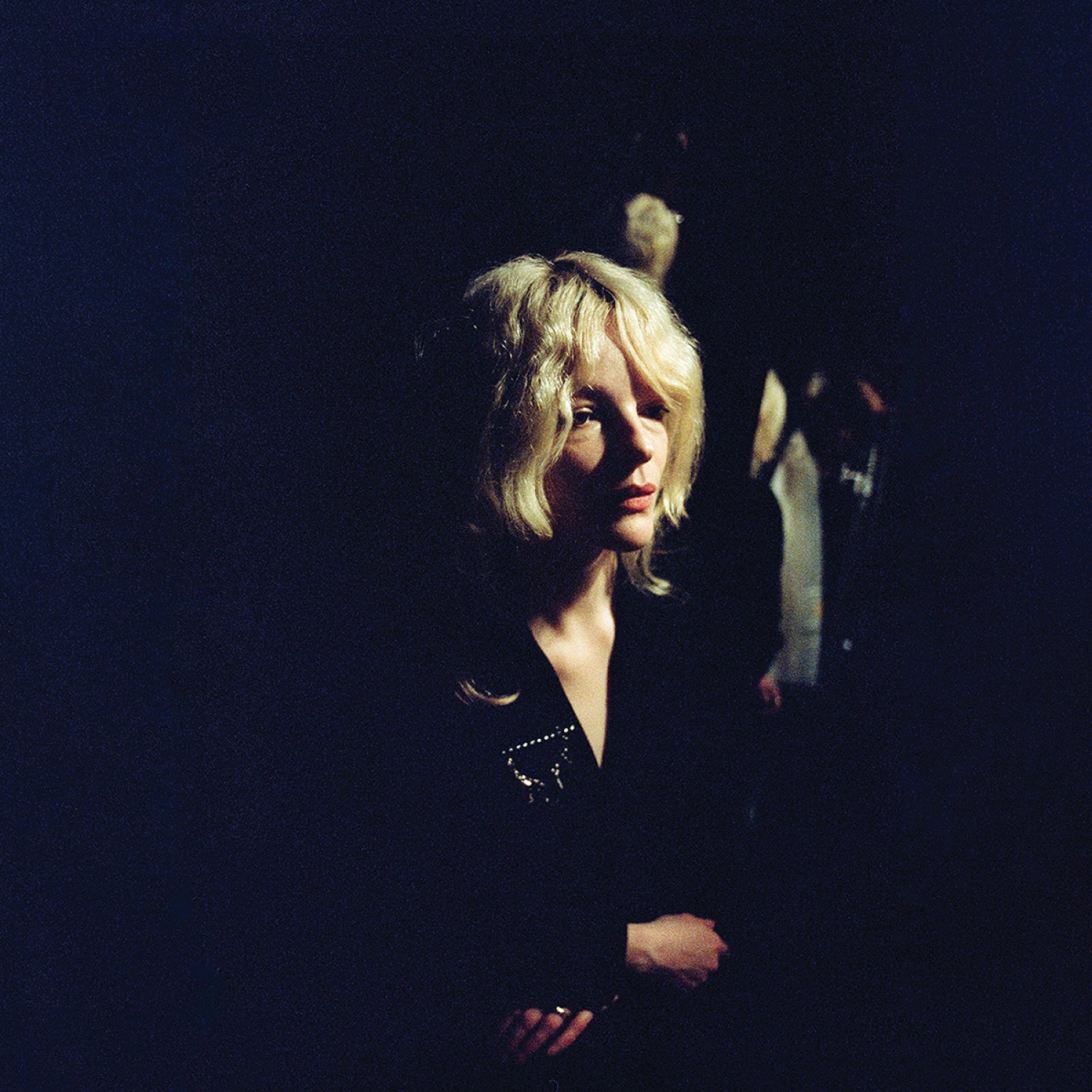by Matty McPherson (@ghostplanetmatt)
Ben Yagoda's The B-Side opens in 2013 with a 2013 Keith Jarrett interview with Robert Siegel on NPR discussing mid 20th-century popular music standards. "They're anything but standard by today's standards. They're exceptional. There was a period of time in American History where so many things came rushing in, especially in popular music. And the people who did that were good at writing melodies," Jarrett opined. When Siegel asks if Standard writing in the present doesn't happen "for lack of people trying to write them?" Is it unfashionable?" Jarrett concurred, but offered such a sublime couplet of being "in Tokyo once and [thinking] "I think I want to try to write a song as though it has existed before and has words".
Over her previous three albums, Jessica Pratt's career could be best approximated by a repeated effort to write songs directly in that vein. Evidence, like when Troye Sivan sampled “Back, Baby” and stated Pratt's voice "could have existed forever" only further ground what Jarrett implied. But she does not write standards exactly. Pratt’s folk music emerged as private press patronage from psychedelic maverick White Fence, establishing a spidery trance that webbed you in. Then on Drag City, Pratt revealed herself fine tuned to the cassette trickery and intimacy, elevating stoned epiphanies to a soundtrack, a science fiction heartbreak, minimal space-outs that had simple, timeless chord progression and pacing built to last. By the time she signed with Mexican Summer, she'd entered a studio and sought after the ghosts of instruments around her; with percussive elements introduced so sparingly the album functioned as ambient as it was pop. She was inching closer to that kind of sideways sensation.
Here in the Pitch is a natural continuation of Pratt's previous three LPs, intimate folk songs through the grandeur of a studio. If you know these previous albums then you likely can immediately sense where you will fall with these cuts. Pratt’s been noted for her perfectionist streak in interviews and even in her newsletter, where she herself emphasized that it’s because of this she publishes so few songs. All of them sound labored over but effortless and precise as can be. Perhaps my biggest worry was that the shock of new Pratt would mean I would wear the songs out before I could hear it physically to my personal standards. Such is a frivolous concern though. She saunters closer evermore to those kinds of songs Jarrett spoke of, creating new refractions that welcome deep listening.
The novum this time though involves a steady beat beckoning into the space; one that gives her folk greater direction to outright pop if not other mid-century styles. The hypnotic thump-pa-dump-da-da-la drum roll of “Life Is” is practically a big bang-180 from “Opening Night”’s piano saunter. This is a track that spends thirty seconds locking down a bass groove and strings for full blown pop revelry, practically orienting Pratt at center stage; no longer out of the past but present. That is until the follow-up, “Better Hate”. It features vocal layering as detailed and sublime as a cut like “Game That I Play,” now wedding the effect to bossa nova drum stylings, recasting the ghostly effect from Quiet Signs. Such is that brimming prowess of Pratt's arrangements, disarming and uncanny, matching her meticulous phrasings and featherweight delivery.
Album pacing is critical to displaying Pratt’s songwriting achievement. The one-two here are showstoppers, the kinds of cuts on a thirty minute nine song album you refuse to progress beyond; deep listening to 3:30 minute pop now practically enshrined on a Pratt album. Progressing further, Here in the Pitch finds itself written with such a quixotic, sunken frame as the album progresses. Pratt does not just bring in a drum (itself used sparingly), but reinforces a mid-century palette with other elements. Besides the aforementioned bossa nova touchstones, “Get Your Head Out”'s almost-surreal synth and organ twiddles recall the underbelly of a boardwalk pier. Meanwhile, “By Hook or by Crook” and “Nowhere it Was'“ studio reverb and dub effects are practically oozing a thick dense fog off the reel. These all feel like natural extensions of Pratt's sense of space, weaving intimate images of dimly-lit bars or candlelight apartments, musty and submerged out of time; a sudden turn down a dark hall to another side of the apartment that always existed, but you never thought to find. I hesitate to label them with a dark energy though, they’re not pastiche or cynical, but genuine refractions at mid-century songwriting for the present.
Her final two cuts (barring “Glances,” an instrumental coda) is where she perhaps has realized that she could be a vessel to warp and twist the energy of that era’s pop. “Empire Never Know,” a piano ballad, holds its vulnerability close, a secret unkempt. Pratt applies a subtle studio effect to her voice akin to an apparition collapsing in on itself. It's a noteworthy evolution, although “The Last Year” is the apex of the album. Mostly built off only vocal harmonies, her guitar strum, and an occasional military drum (amongst a piano), the song is a minimal verse chorus verse affair. Yet, her harmonies push it towards something of an intimate showstopper in a broadway revue; or a quiet storm of a mid-WW2 Warner Bros film song. Her voice does not just articulate the optimism of that era's songs; she refracts it, through her folk and studio trickery, into something fashionable that can exist again. And indeed it has words.

